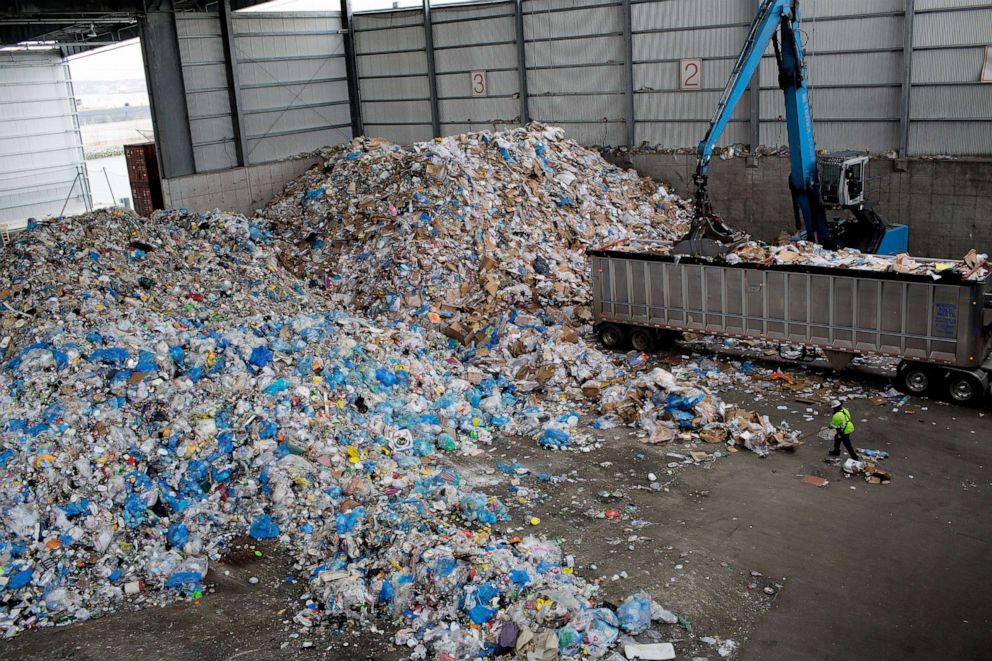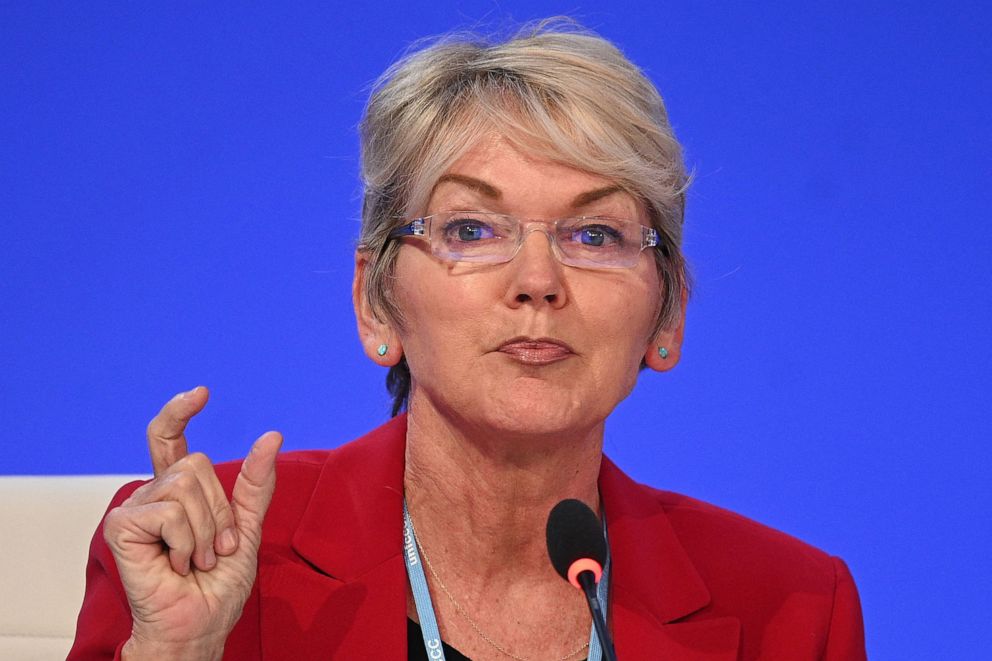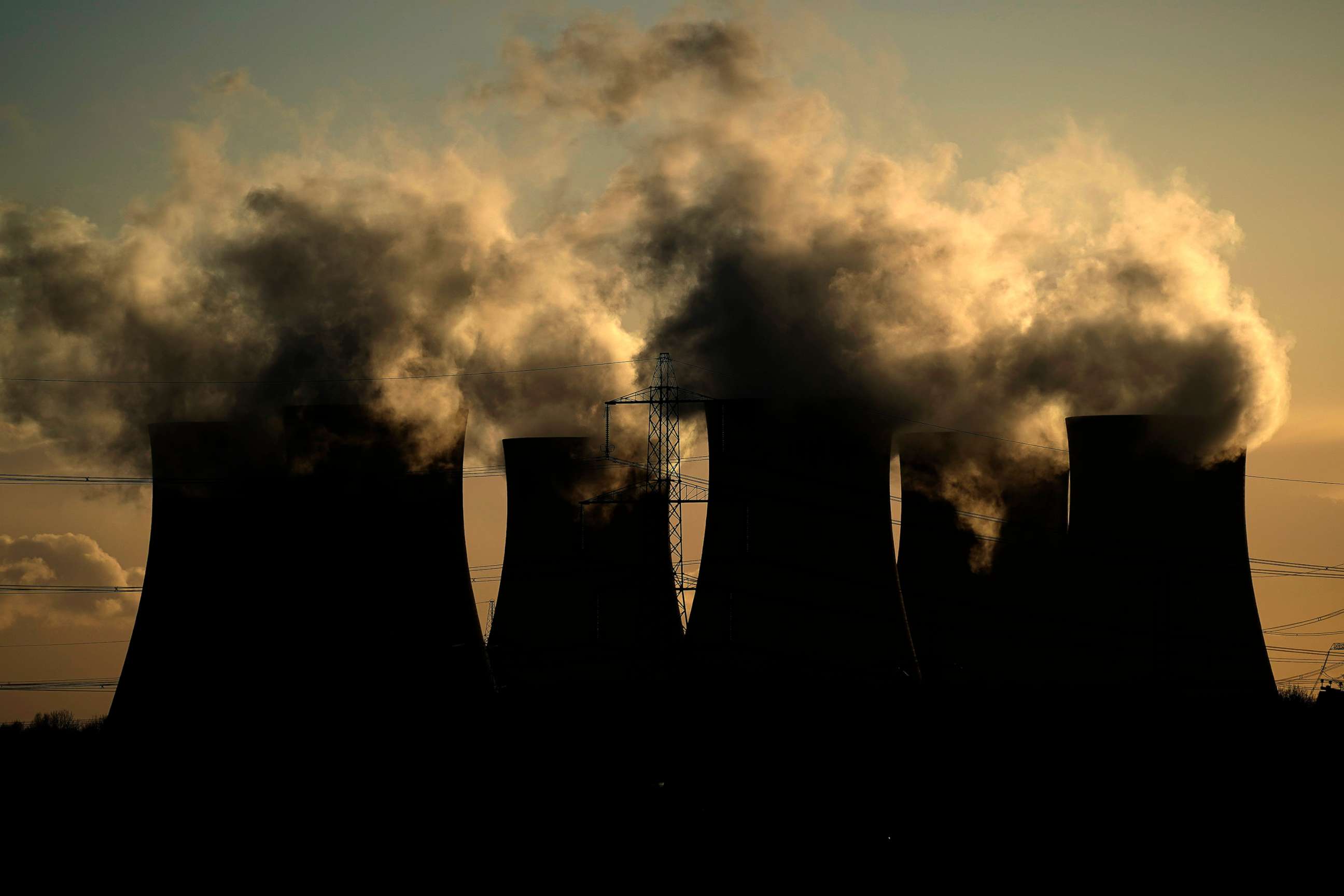Annual horizon scan summarizes new climate research insights
Future Earth, Earth League and the World Climate Research Programme released their annual climate report today at COP26 summarizing the latest climate change data and research.
The 10 New Insights in Climate Science 2021 report was launched at a press conference with UNFCC executive secretary Patricia Espinosa and three of the report’s authors.
“We hope that the work presented in this report will drive the deep transformations we desperately need,” said Wendy Broadgate, Future Earth’s Global Hub director.
The goal of limiting warming to 1.5 degrees Celsius is only attainable with “immediate and drastic” global climate action, which must be “just,” the report said.
The dangers of megafires and methane and nitrous oxide emissions were among the other key insights from the report.







